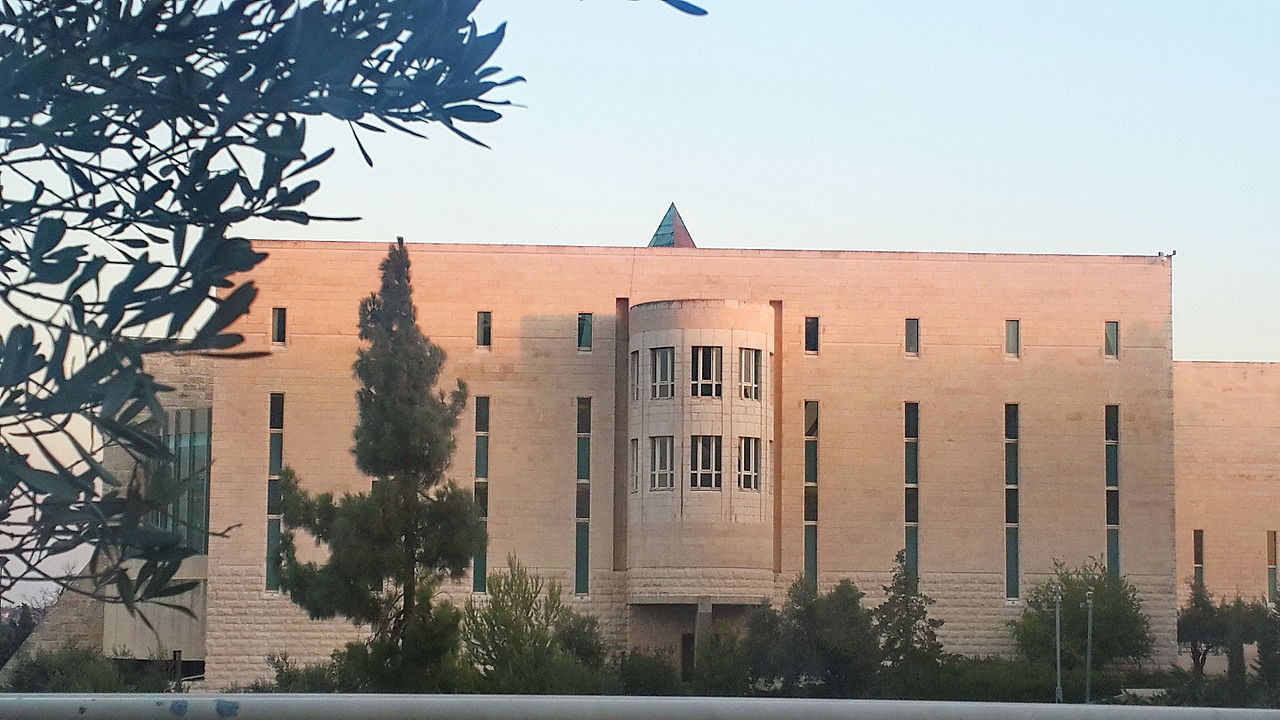Last week, the Israeli Supreme Court began its discussion of the government’s recent legislation of an update to the “Basic Law: Judiciary” that cancels the reasonableness clause. This clause allows the court to overturn government decisions, not just on a legal basis but on the basis of the judges’ subjective determination that a specific law is unreasonable.
Many see this discussion as a constitutional crisis waiting to happen, since Israel has neither laws in place, nor legal precedent for addressing a Supreme Court overturning a Basic Law – a step that would bring to a head the tensions of the last year as the Knesset and the judiciary joust for ultimate sovereignty in the Israeli state.
Many of those opposed to the government’s reforms, who see the Supreme Court as a bulwark of democratic ideals, protecting not just the authority of the majority, but also an undefined set of liberal civil rights for the country’s various minorities, see the reasonableness clause as an essential part of the court’s ability to protect them from draconian policies of the majority. But if we are to address the ability of the reasonableness clause to protect citizens from government overreach, we must look at its effectiveness in practice and not just in theory.
If the reasonableness clause truly serves to protect vulnerable parts of Israeli society from a government that disregards or abuses them, we should see the Supreme Court acting on their mandate and halting such abuses. At the very least, we shouldn’t see the court legitimizing state violence against citizens beyond all boundaries of reasonableness in a democracy.
So how is Amiram ben-Uliel, convicted solely on the basis of a confession extracted through torture that contradicts various eyewitness accounts and forensic evidence, still being held in inhumane solitary confinement – seven and a half years after his indictment?
Amiram and friends were arrested in December of 2015 under suspicion for involvement in a July attack on the Dawabshe family home that left two parents and their eighteen month old child dead. He was held for seventeen days during which he denied all involvement in the attack, until his interrogators used physical and psychological torture to extract a confession.
The torture was justified by the Shabak, Israel’s central security agency who carried out the interrogation, on the grounds that Amiram held vital information for preventing another attack. Interestingly, this threat wasn’t sufficiently serious to apply more serious interrogation methods from the outset, and only after two and a half weeks of refusing to admit to a crime that Amiram claims he didn’t commit did this urgent threat arise.
Furthermore, from the details of the interrogation that have been made public through Amiram’s successive trials, the interrogations focused almost exclusively on the Duma attack on the Dawabshe family with little interest in the future attack that these severe methods supposedly aimed to bring to light.
Over the course of court proceedings, an Israeli court threw out his first confession because it was obtained under duress. But they strangely accepted a second confession made only 36 hours later, arguing that the effects of his ordeal had worn off and he was now admitting to the crime out of his own free will.
The court ignored that his interrogator remained in the room during his second confession, and that a fellow prisoner, a minor who had also faced psychological torture in order to extract a confession, suffered serious post-trauma long after his release from interrogation.
Even in his on-site recounting of the events for the investigators, Amiram’s confession was likely tainted by the Shabak agents that accompanied him – the same agents to whom he had confessed.
Beyond his confession, other evidence was also presented in court. An eyewitness claimed to have seen two hooded men on the scene with a black car watching the house burn, a story which directly contradicts Amiram’s confession that he acted alone and arrived at the scene and left on foot.
In interviews given by the surviving son of the Dawabshe family, it was claimed that multiple attackers entered the house to set it on fire, while Amiram claimed to have thrown a Molotov cocktail through the window. The graffiti on the burned house that initially led investigators to suspect Jewish violence was confirmed by forensic specialists to have been painted by two different perpetrators, but Amiram claimed to have acted alone. And neither of the two sets of shoe prints left at the scene match his.
In light of the district court’s heavy reliance on an extorted confession despite contradicting evidence, Amiram appealed his conviction to the Supreme Court. The appeal was rejected and the lower court’s decision was upheld. When he again attempted to appeal, his appeal was rejected outright by none other than Supreme Court President Esther Ḥayut.
Despite this, Amiram’s lawyers and supporters across the country continue the struggle for his freedom.
But what about the judiciary?
This is the bulwark of Israeli democracy that protestors are rushing to defend as the government works to reform it. Can Israelis truly count on a court that countenances torturing civilians to extract convictions to be the final say on what is reasonable? Can such a court be trusted to defend Israeli democracy against the forces of authoritarian rule? Or is the current Supreme Court a far greater threat to democracy than any elected government?









